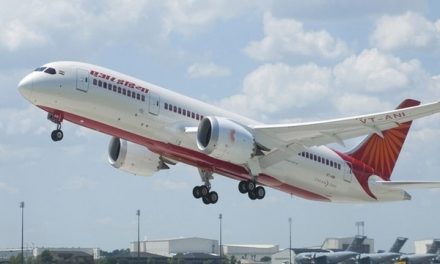ISRO releases Chandrayaan-2 data: Indian Space Research Organization Chairman K Sivan on Monday inaugurated the Lunar Science Workshop 2021 to mark the completion of two years of operation of the Chandrayaan-2 spacecraft in orbit around the Moon.
Chandrayaan-2 data product and science documents were released by Mr Sivan, also Secretary in the Department of Space (DoS), along with data from Chandrayaan-2 orbiter payloads, Bengaluru-headquartered ISRO said in a statement.
The eight payloads onboard Chandrayaan-2 are conducting scientific observations of the Moon by remote sensing and in-situ techniques, it said.
“The science data are being made available for analysis by academia and institutes, for a greater participation to bring out more science from Chandrayaan-2 mission,” ISRO said.
The two-day workshop, organized by ISRO, is being live-streamed on the space agency’s website and Facebook page to engage the scientific community to effectively reach out to students, academicians and institutions and analyze Chandrayaan-2 data.
The science results of eight payloads are being presented by the scientists in the virtual workshop.
In addition, there will be lectures on Chandrayaan-2 mission, tracking, operational and data archival aspects.
Lectures on lunar science will also be delivered by scientists from ISRO/DoS as well as scientists from Indian Institute of Science Education and Research, Kolkata, Indian Institute of Science, Bengaluru and Indian Institute of Technology, Roorkee. where did it go.
Mean-while, Scientists at ISRO and IISc Bengaluru have developed a modular, self-contained device to cultivate microorganisms, which has the potential to help scientists in carrying out biological experiments in the space, PTI reported
The study which has been published in ‘Acta Astronautica’ showed how the device activates and tracks the growth of a bacterium called ‘Sporosarcina pasteurii ‘ over a period of time with least human involvement. Understanding the behaviour of the microbes in the extreme environments provides valuable insights for human space missions, the IISc team was quoted as saying in a statement.












